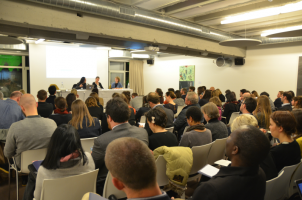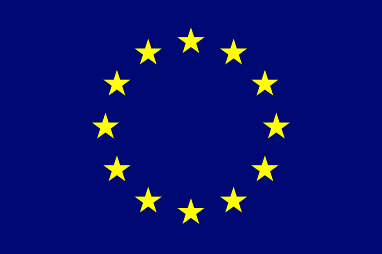VOICE event on donor counter-terrorism measures and principled humanitarian action

Donor counter-terrorism measures and principled humanitarian action: Where are we at?
Following the attacks on the United States in 2001, most countries have embarked on the development of expansive counter-terrorism laws and policies. The efforts to ensure that Europe is not a 'weak link' in these efforts intensified following the attacks in Paris and Brussels over the past year.
The Inter Agency Standing Committee (IASC) has been working on the link between counter terrorism measures and the challenges it presents for principled humanitarian action. The humanitarian sector has long noted that these have had an impact on the funding, planning and delivery of humanitarian assistance and protection activities to people in need. We have seen this issue arise in the context of the World Humanitarian Summit in both the Agenda for Humanity and the high-level panel report on humanitarian financing. Most recently, Member States (MS) have tasked the European Commission to do the supra national risk assessment on money laundering and terrorist financing.
Humanitarian principles require that assistance and protection be provided where it is needed most and are important to get access to affected populations, especially in conflict. Humanitarians are by nature exposed to the consequences of counter terrorism measures because they work in complex conflicts and crises, and can experience tension between the humanitarian principles and donor requirements. As a consequence, they have a high awareness about potential risks and as a consequence have solid strong experience of risk mitigation.
Some MS and EU institutions are undertaking national and supra-national risk assessments, where the non-profit sector tends to come under particular scrutiny. The panel will go into questions such as: What is the state of play in EU counter-terrorism law and policy? How do MS approach the challenges as a humanitarian donor in relation to their own counter-terrorism obligations? What can humanitarian NGOs do to minimise potential impact on the populations they work for?
VOICE organised this event to raise awareness of NGOs and other stakeholders about the impact of counter-terrorism laws and policies on humanitarian action.

